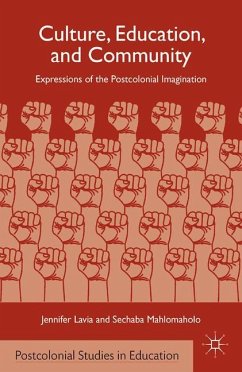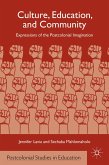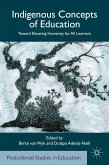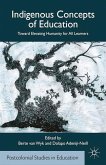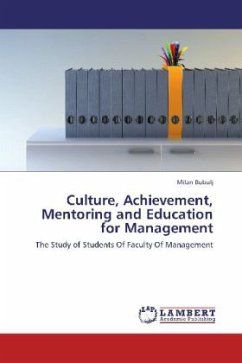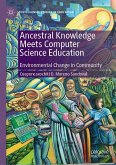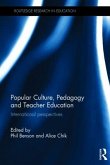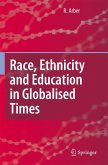Provides a critical space in which to interrogate the ways in which postcolonial voices are imagined and struggle to be valued, heard, and responded to. Takes the imagination of the postcolonial as its focus, acknowledging that it is a troubling, unsettling, and ambiguous concept requiring re-visiting and re-interpretation.
'This book makes an important contribution to the relevance and necessity of multicultural education. It shows how communities around the globe are struggling for the similar right to learn through their own cultural knowledge.' - Julio Cammarota, associate professor, The University of Arizona

